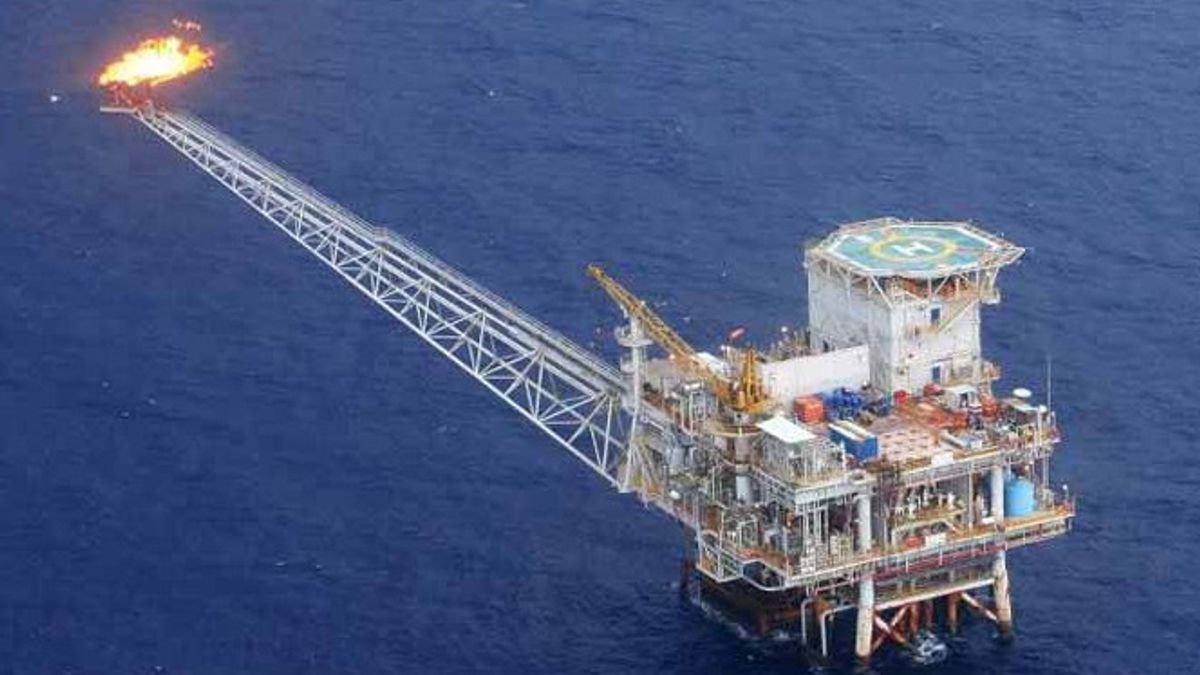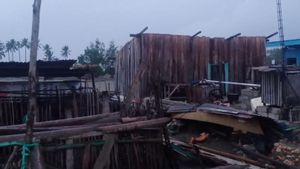JAKARTA The Special Task Force for Upstream Oil and Gas Business Activities (SKK Migas) revealed that massive drilling programs carried out by Cooperation Contract Contractors (KKKS) had a positive impact on national oil production.
The increase in drilling programs since 2021 has succeeded in reducing the decline in oil production from 5-7 percent to 1.1-1.2 percent per year since 2022.
Head of the SKK Migas Program and Communication Division, Hudi D. Suryodipuro, stated that SKK Migas together with the KKKS continued to make various efforts to increase national oil production.
"For short-term strategies and efforts, we are increasing the number of drilling for development wells, workovers, and well services in existing fields. As for the medium term, accelerating reserve findings to production and accelerating the realization of EOR projects is the main focus," said Hudi, Wednesday, June 12.
Hudi explained that the two largest oil producer Working Areas (WK), namely WK Rokan and WK Cepu, have now entered the phase of decreasing production naturally.
"The two WKs are the backbone of national oil production, so the obstacles in the two WKs will have a significant impact on national oil production. Therefore, SKK Migas pays special attention to developments in these two WKs," he continued.
When there was a transfer of management of the Rokan WK, continued Hudi, the previous operator planned not to invest in the drilling program, but SKK Migas continued to encourage them to make the investment, until at the end of the transition period the drilling program investment was successfully carried out which was then continued by the new operator.
SKK Migas together with the new operator, Pertamina Hulu Rokan (PHR) then worked hard to increase production in the Rokan WK. This is evidenced by the increase in the drilling program in the WK, which is as many as 413 wells in 2022, increasing to 497 wells by 2023, and planned to reach 575 wells by 2024.
"Massive drilling at the Rokan WK shows the commitment of SKK Migas and PHR to continue to explore the potential of the Rokan WK to support increasing national oil and gas production," said Hudi.
Hudi also highlighted that in the Rokan WK there were no new reserve findings, so the production was still dependent on the old reserves, which had an impact on no significant increase in production.
"For this reason, we together with PHR continue to strive for massive exploration activities in the Rokan WK," he continued.
Apart from WK Rokan, WK Cepu also experienced a natural decline in production during the 2020-2022 period.
"Our step to curb this decline rate is to conduct a High Rate Test or maximum production test, so that the decline in the production of WK Cepu can be suppressed," explained Hudi.
SEE ALSO:
Ke depan, SKK Migas bersama ExxonMobil Cepu Limited (EMCL) akan merealisasi proyek Banyu Urip Infill Classic (BUIC), yang diperkirakan mampu meningkat produksi sebesar 16,000 BOPD (barel minyak per hari) dan akan mulai online pada bulan Agustus 2024.
In addition to making these efforts, SKK Migas also continues to ask for support from stakeholders both at the central and regional levels for the smooth running of KKKS operations.
"One of the important supports is licensing support, because we are still facing the difficulty of the land acquisition process to drill. As a result, if drilling is delayed, production will also decrease," concluded Hudi.
The English, Chinese, Japanese, Arabic, and French versions are automatically generated by the AI. So there may still be inaccuracies in translating, please always see Indonesian as our main language. (system supported by DigitalSiber.id)
















